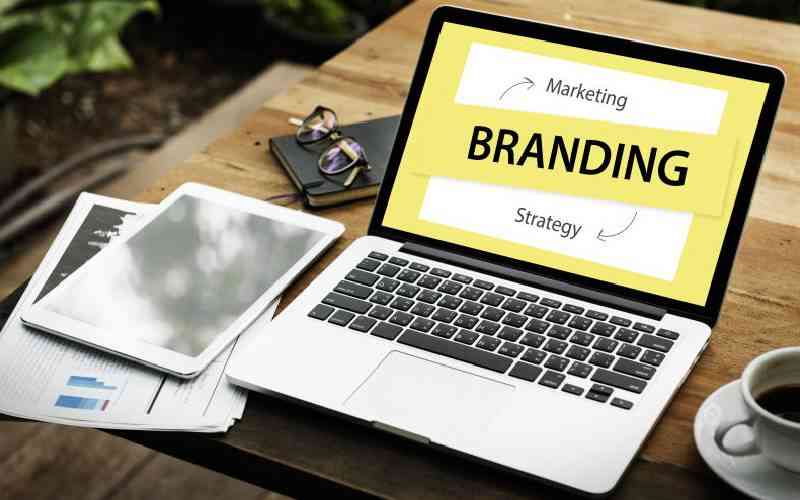×
The Standard e-Paper
Home To Bold Columnists

All religious institutions including churches, sects and denominations will have to register afresh under a strict vetting regimen if recommendations of a taskforce are implemented.
The Reverend Mutava Musyimi-led taskforce on the review of legal and regulatory framework governing religious organisations has recommended a one-year grace period for all religious organisations to align themselves with a proposed new order entailing new laws and regulations for the sector.







